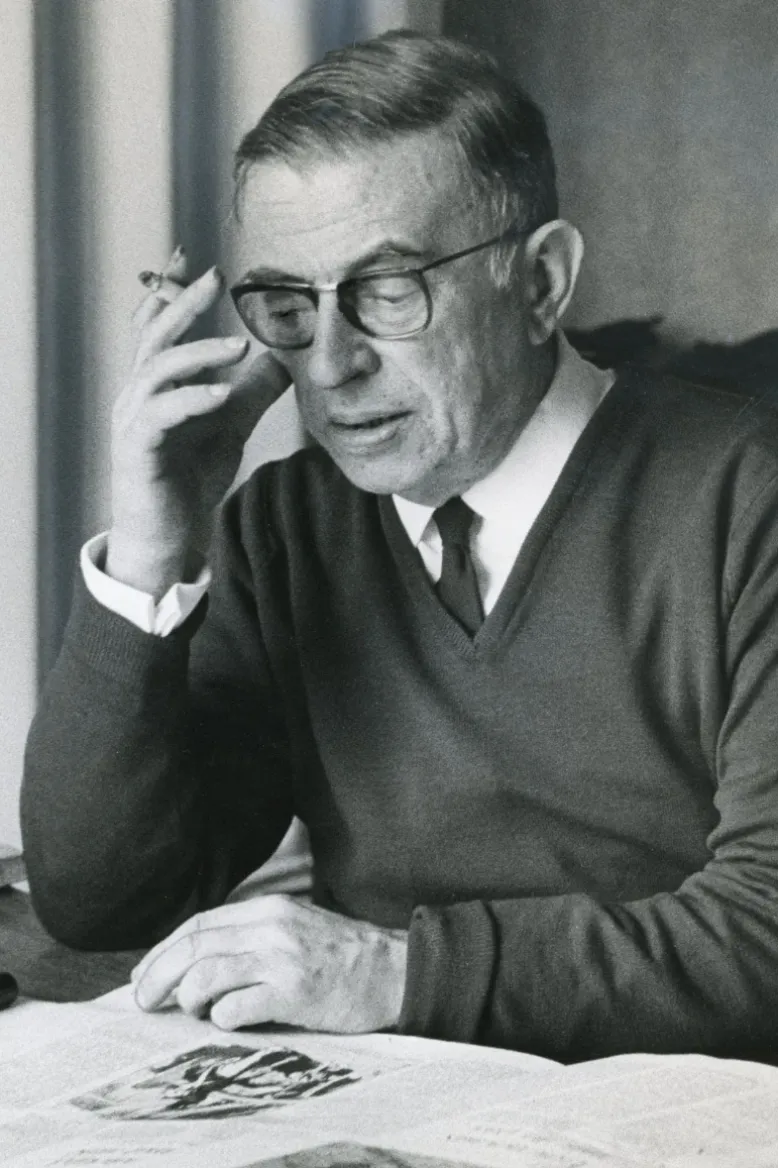
Personal info
Known for
Ultimate Talent
Gender
Male
Birthday
21 June
Location
Paris, France
Edit pageJean-Paul Sartre
Biography
Jean-Paul Sartre (1905–1980) was a French philosopher, novelist, playwright, and political activist, best known as the leading figure of existentialism, a philosophy centered on freedom, choice, and individual responsibility. Born in Paris, Sartre studied philosophy at the École Normale Supérieure, where he formed lifelong intellectual connections, including his partnership with writer and feminist Simone de Beauvoir.
Sartre rose to prominence in the mid-20th century with his groundbreaking philosophical work Being and Nothingness (1943). In it, he explored the nature of human existence, arguing that “existence precedes essence”—meaning that people are not born with a predetermined purpose but must create their own identity through their choices and actions. For Sartre, human freedom was absolute, but it also came with the burden of responsibility, as individuals must define themselves without relying on external authorities or moral systems.
In addition to philosophy, Sartre was a gifted writer. His novels, such as Nausea (1938) and the short story collection The Wall (1939), dramatize existential themes of alienation, anxiety, and the search for meaning. His plays, including No Exit (1944), gave rise to some of existentialism’s most famous ideas—such as the line “Hell is other people,” reflecting the tension between self-awareness and the gaze of others.
After World War II, Sartre became deeply involved in political activism, supporting Marxist and anti-colonial causes while maintaining his belief in individual freedom. His later works explored social issues, ethics, and the role of intellectuals in society. In 1964, he was awarded the Nobel Prize in Literature, which he famously declined, stating that a writer should not become an institution.
Jean-Paul Sartre’s influence extends far beyond philosophy—his ideas have shaped modern literature, psychology, and political thought. Through his passionate defense of human freedom and authenticity, Sartre challenged individuals to confront life’s uncertainty and to take full responsibility for creating meaning in an indifferent world.